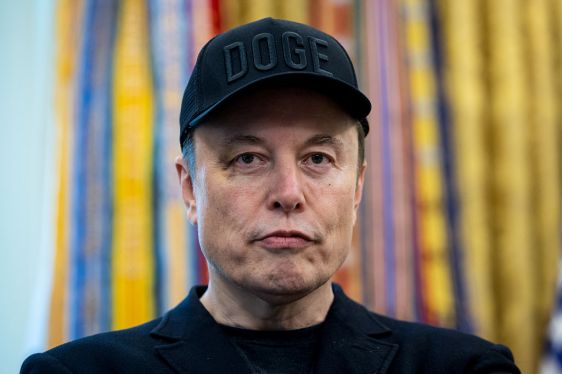President Trump has significantly increased the cost for companies to hire foreign workers through the H-1B program. The White House announced on Friday that the President signed a proclamation requiring employers to pay a new fee of $100,000 for H-1B visa applications. This represents an enormous jump from the current $215 lottery registration fee.
H-1B visas allow U.S. companies to hire foreign workers in fields that require technical expertise, such as IT, engineering, mathematics, and medicine. The program is capped at 65,000 new visas each year, with an additional 20,000 reserved for foreign graduates who hold advanced degrees from U.S. universities. Visas are awarded through a lottery system and are typically valid for three years, though holders can often extend them or apply for green cards.
The administration’s new policy is designed to crack down on what it calls widespread abuse of the program, which it blames for displacing American workers. According to the White House, the share of IT workers with H-1B visas has skyrocketed from 32 percent in 2003 to over 65 percent today. It also notes that unemployment among recent computer science graduates has reached 6.1 percent.
Silicon Valley will undoubtedly be up in arms over this initiative. The restrictions take aim at a program that helped create some of the region’s biggest success stories. Elon Musk, a close ally of the President for much of this year, initially worked in the U.S. on an H-1B visa after arriving as a student. In fact, Musk has been a vocal defender of the program.
Mike Krieger, the Brazilian-born co-founder of Instagram and current Chief Product Officer at AI giant Anthropic, is another success story. The Stanford graduate worked at the early messaging platform Meebo on an H-1B visa.
Earlier this year, the National Venture Capital Association argued in a letter that raising the annual cap for H-1B visas is fundamental to generating more successful immigrant-founded companies. The association noted that while the visas are not ideal for immigrants who want to immediately start companies, they are critically important because they provide valuable work experience and widen the pipeline of potential immigrant startup founders. The employer-employee requirement of the H-1B makes it practically impossible for founders to obtain one directly, often forcing them to spend years tied to an employer before getting a green card that allows them to launch their own ventures. When Mike Krieger wanted to co-found Instagram in 2010, transferring his visa took months, and he has said he almost abandoned the startup before it launched due to these complications.
Following the announcement, tech leaders were already warning about the risk of talent fleeing to more welcoming countries.
In its proclamation, the Trump administration was full-throated in its criticism of the program. It pointed to specific companies that received approval for thousands of H-1B workers while simultaneously laying off American employees. According to the White House, one unnamed company received approval for 5,189 H-1B workers this fiscal year while cutting roughly 16,000 U.S. jobs.
The proclamation, which states it is partly rooted in an effort to protect national security, does include some flexibility. Case-by-case exemptions are possible if they are deemed to be in the national interest. It also directs the Labor Secretary to revise wage requirements to prevent the undercutting of American salaries.

